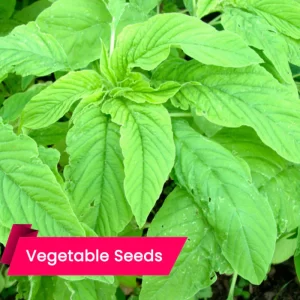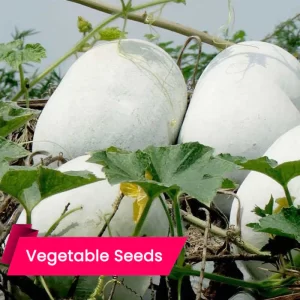
Many home gardeners are interested in harvesting and storing their vegetable seeds. When considering this, there are several important aspects to keep in mind:
Types of Seeds:
Vegetable seeds come in two main forms – open-pollinated and hybrid varieties. Open-pollinated seeds produce plants with similar traits to the parent plant, while hybrid seeds result from controlled crosses of two or more parent lines, often resulting in superior characteristics.
Seed Viability:
The viability of seeds, or their ability to germinate, decreases over time. Proper storage in a cool, dry location is essential to maintain seed viability, as warmer temperatures and high humidity can accelerate seed deterioration.
Considerations for Hybrid Seeds:
While hybrid seeds may offer enhanced growth characteristics, plants grown from seeds produced by crossing two hybrid plants may not perform like the parent plants. Additionally, collecting seeds from hybrid plants requires specialized knowledge and equipment. Proper storage techniques, is crucial for home gardeners interested in seed harvesting and storage.
Maintain Soil Quality:
To ensure your plants thrive, it’s crucial to have nutrient-rich and well-draining soil. Incorporating compost and organic matter can improve soil fertility and texture, providing essential nutrients for plant growth.

Sowing:
Consider your options: planting directly in the ground, using raised beds, or opting for grow bags. Raised beds provide improved drainage and soil aeration, while grow bags are ideal for compact spaces or urban gardening setups.
Watering and fertilization:
Maintain regular watering, particularly in hot weather, to support healthy plant growth, and consider supplementing with organic compost or manure for added nutrients. Implement effective pest control measures to protect your garden from harmful insects. Opt for suitable mulching materials like straw or shredded leaves to enrich the soil and deter weeds.
With these strategies, you can cultivate a vibrant summer garden abundant with flavorful and nutritious vegetables throughout the season.
